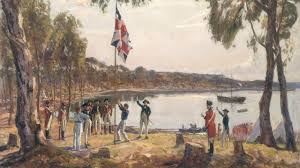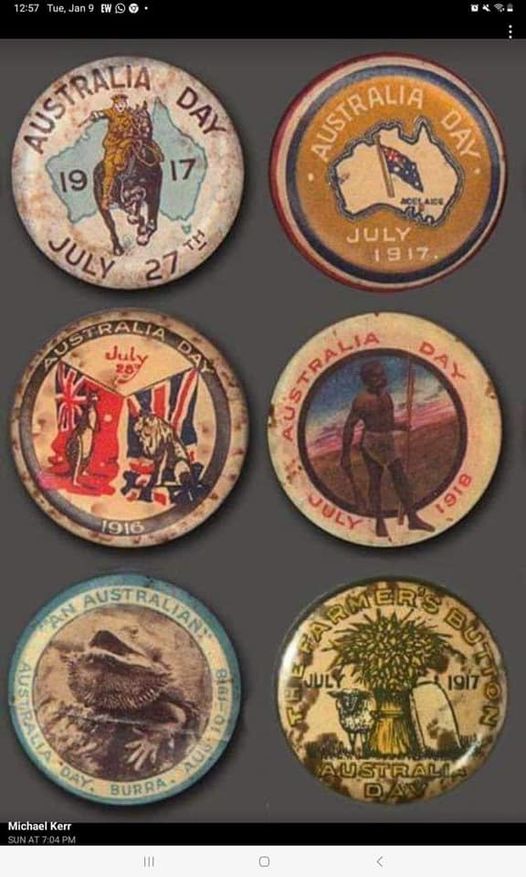Australia Day, What do we think? But, importantly, why do we think it?
By Joe Horner

In view of the 2023 Referendum on The Voice and its defeat, worth reflection.
For some, the Australia Day public holiday on 26 January has become synonymous with clothing and accessories adorned with the Australian flag. It’s also the day thousands of people officially become Australian citizens at citizenship ceremonies across the country.
Overall, though, it is regarded as a day to acknowledge the country’s history – good and bad. The history of Australia Day has created a significant amount of controversy, with many referring to the day as ‘Invasion Day’ and advocating for the date of the public holiday to be changed. As a result of this discourse, retailers Woolworths and Big W have announced that they will not be selling Australia Day merchandise in 2024.
Below, we explain why Australia Day is so controversial so you can decide how you want to spend the day.
What is Invasion Day?

For Aboriginal Australians, who had occupied the land for over 50,000 years prior to the arrival of the British, Australia Day is a day of mourning. Many non-Indigenous Australians feel the same way, which means you may hear the terms ‘Invasion Day’, ‘Survival Day’ or ‘Day of Mourning’ used instead. As a result, the Invasion Day date is also 26 January. Many fly the Australian Aboriginal flag at half-mast and wear black clothing to protests and remembrances as a symbolic demonstration of mourning.
The date 26 January is extremely controversial because it marks the anniversary of the arrival of the First Fleet of European ships on Australian shores. It was then that the colonisation of the country began, bringing massacres, oppression of Indigenous communities, theft of land and, more recently, the Stolen Generations of the early to mid-20th century. These generations of Aboriginal children were forcibly removed from their families as a result of government policies.
As such, there have been calls for Australia Day to be moved to a date that unites all of its people instead of continuing the divide.
The “change the date” debate

The history of Australia Day is relatively short. It wasn’t until 1935 that all states and territories in Australia began using the name ‘Australia Day’ to mark 26 January, and it only became a nationwide public holiday in 1994. However, despite its relative recency, it is easily Australia’s most contentious date.
There has been much mixed public sentiment around the movement to change the date of Australia Day. For many, both Indigenous Australians and non-Indigenous Australians alike, the idea of celebrating an event that marks the beginning of dispossession and mourning for Aboriginal and Torres Strait Islander people does not feel right. In fact, it is quite uncommon for a country to celebrate its national day on the anniversary of colonisation.
Over the last few years, attitudes have been shifting towards changing the date that Australia Day is celebrated. In 2017, CNN reported that only 26 per cent of Australians wanted the date changed; however, a more recent poll by The Guardian found that 57 per cent of respondents would either support changing the date or keeping the date and creating a separate day to acknowledge First Nations peoples.

A more detailed study carried out as part of the Deakin Contemporary History Survey found that there are significant differences in attitudes between older and younger generations. It found that 70 per cent of Baby Boomers (people born 1946–65) are against changing the date, while 53 per cent of Millennials (those born between 1986 and 2002) were in favour of the change.
This material is on the website, Insider Guides, https://insiderguides.com.au/why-is-australia-day-so-controversial, written by Joe Horner, a guide for informing international students, 9th January, 2024
